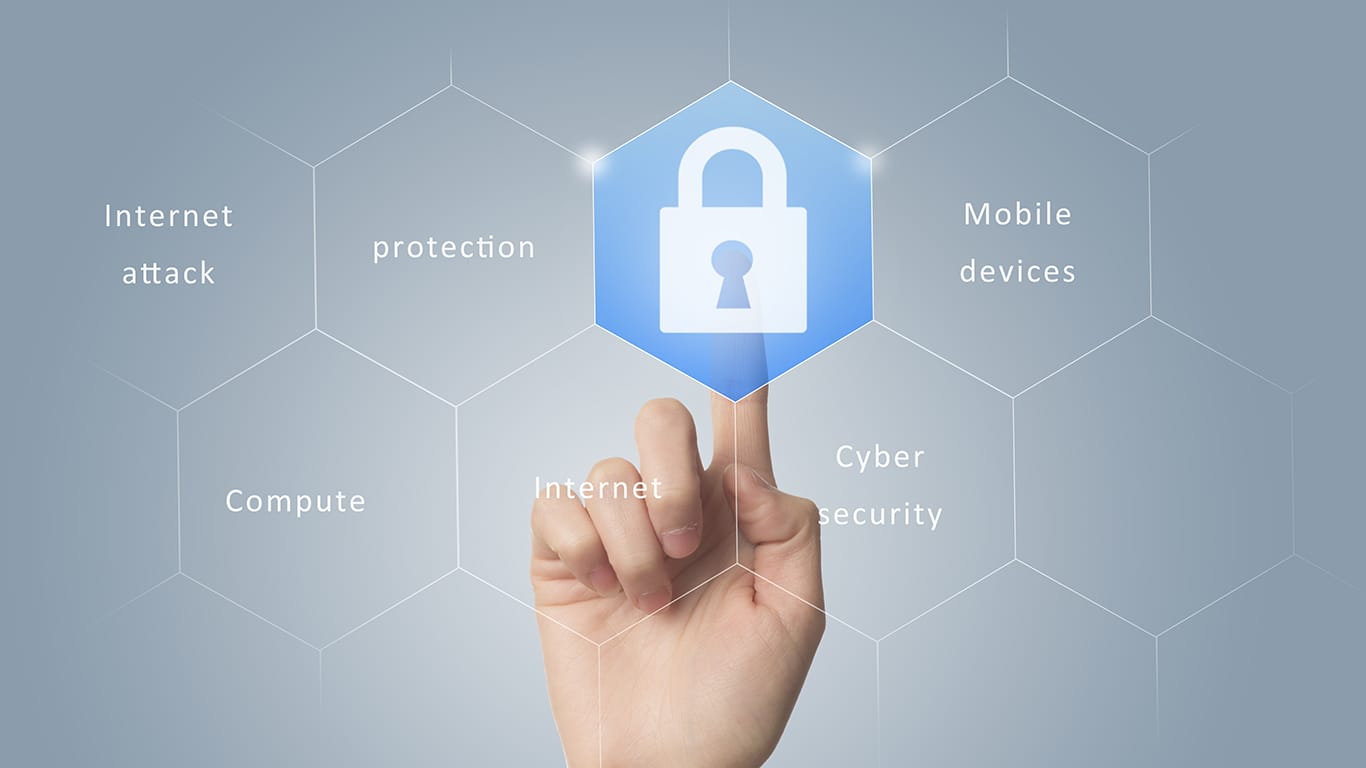In today’s era, where online privacy violations and cybersecurity risks are rising, safeguarding your internet activities has never been more crucial. A Virtual Private Network (VPN) protects your data by establishing a secure encrypted connection between your device and the web. However, given the plethora of VPN services in the market, making an informed decision can be overwhelming. This guide is here to help you navigate the considerations when choosing a VPN, ensuring your online interactions remain private, secure, and smooth.
Understanding VPNs: A Concise Introduction
A VPNencrypts the data transmitted from your device to the internet, effectively shielding it from snoopers. This encryption converts your information into a highly challenging form for unauthorized individuals to access. Moreover, a VPN conceals your IP address, rendering your online actions anonymous and more challenging to track. Whether you’re conducting transactions, accessing restricted content, or simply surfing the web, employing a VPN is crucial for bolstering your security and confidentiality.
Essential Attributes to Seek in a VPN Provider
When selecting a VPN service there are vital features that should influence your decision-making process:
Effective Encryption Methods
The core foundation of a VPN service lies in its encryption techniques. Select a VPN that employs encryption standards like AES 256. This level of encryption is widely recognized as a tier in the field, providing protection against unauthorized access and ensuring the confidentiality of your data.
Privacy Assurance
A privacy-oriented VPN will uphold a no-logs policy. This policy, which is like a shield around your online activities, indicates that the provider does not keep records or store any information regarding your activities. A no-logs policy is essential for safeguarding your anonymity and preventing your data from being exposed. Make sure to opt for a VPN with a verifiable no-logs policy.
Optimal Speed Performance
A consideration with VPNs is their impact on internet speed. Although encryption may cause some delay, a high-quality VPN should feature servers that minimize this impact. Seek providers offering performance assessments or speed evaluations to assess how the VPN might influence your connection and choose one that balances speed and security.
Server Locations
Having an array of server locations enhances your ability to access geo-blocked content and improves connection reliability. Having more servers spread across countries in your VPN increases the likelihood of bypassing restrictions and maintaining a stable connection. Look for a VPN with a range of servers to enhance your browsing experience.
User-Friendly Interface
Ease of use is crucial when choosing a VPN. It should have a navigation interface that allows you to connect swiftly and manage settings effortlessly. Opt for a VPN with a user interface to streamline securing your connection and accessing its features.
Device Compatibility
In today’s era of devices, it’s essential to ensure that your VPN is compatible with all your gadgets, be they computers, smartphones, tablets, or routers. Many VPN providers offer applications for platforms enabling you to protect all your devices under one subscription. Check that the VPN supports all the devices you regularly use.
Customer Support
Customer support can be invaluable, especially when facing issues or troubleshooting challenges. Select a VPN that offers 24/7 customer support through chat, email, or phone channels. Access to prompt and efficient support ensures the resolution of any problems you may encounter.
Pricing and Plans
VPN services offer a range of pricing and plans, including options and premium paid subscriptions. While free VPNs might be tempting, they often have limitations like performance, fewer features, and potential security risks. Paid plans, on the other hand, typically offer service quality, more features, and stronger security measures. It’s important to consider the different pricing options and choose a budget that meets your needs.
Privacy Jurisdiction
The jurisdiction in which a VPN provider operates can impact your privacy levels. Some countries have data retention laws that could affect how your information is managed. Opting for a VPN based in a jurisdiction with privacy regulations can help ensure that your data is kept secure, and your privacy is respected.
Additional Features
Many VPNs offer features that can improve your activities in addition to their core functionalities. Features like ad blockers, malware protection, and split tunneling add layers of security and customization to your experience. Evaluate these features based on what you need and prefer to get the most out of your VPN service.
Choosing the VPN service involves more than going for the first option. It requires an assessment of factors such as encryption strength, speed performance, device compatibility, and customer support services.When you pay attention to these factors, you can be confident that the VPN you select will provide top-notch security for your actions. Remember that a chosen VPN not only safeguards your information but also improves how you browse the web. To discover the ranking of recommended VPN providers, check out the VPN List for personalized options that suit your requirements. By setting up the appropriate VPN, you can surf the web with assurance, trusting that your privacy and protection are well taken care of.




